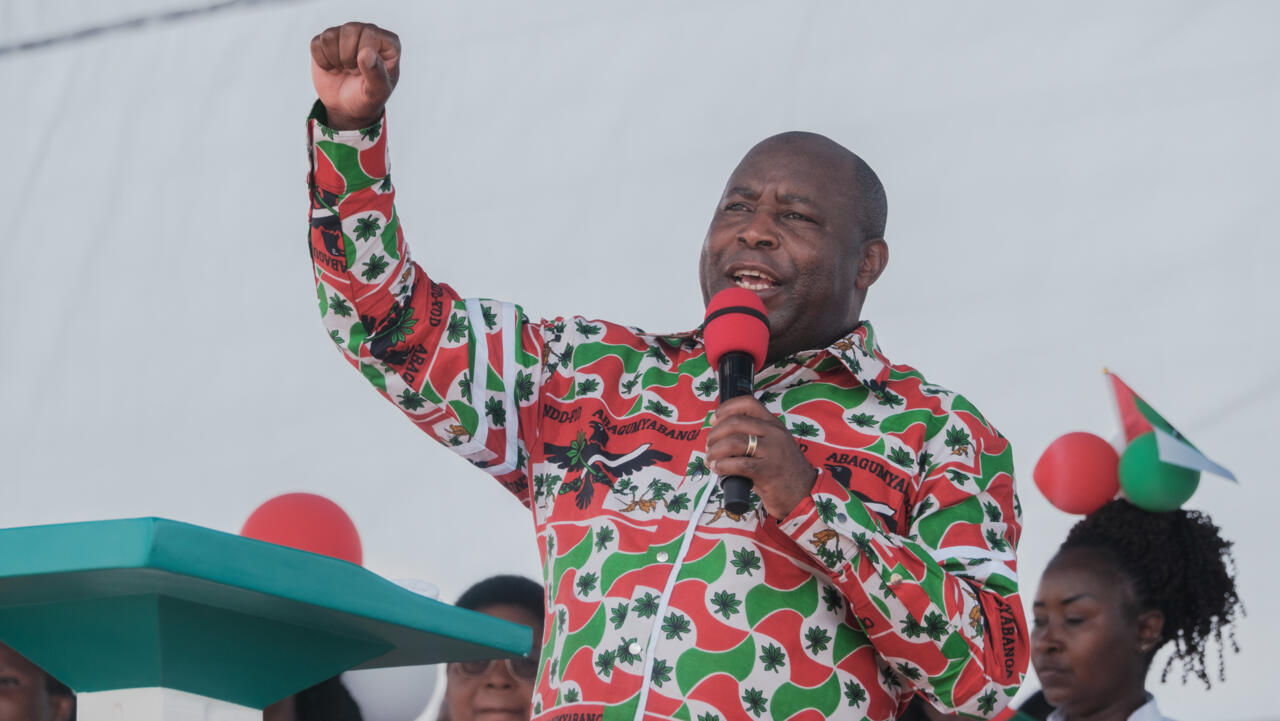Burundi Parliament Elections Held Amid Opposition Concerns and Socio-Economic Crisis
Burundi held parliamentary elections on Thursday, albeit under a cloud of controversy due to the effective sidelining of the main opposition party. The National Council for the Defence of Democracy-Forces for the Defence of Democracy (CNDD-FDD), led by President Evariste Ndayishimiye, has been the dominant force in Burundian politics since 2005. Critics accuse the ruling party of systematically undermining the National Freedom Council (CNL), the primary opposition, which alleges it was cheated in the 2020 elections.
Opposition Suppression and Political Landscape
Prior to the election, the interior ministry suspended the CNL, citing irregularities in its organizational practices. Agathon Rwasa, the CNL's leader, was ousted while abroad in what he claims was a government-orchestrated move. New regulations effectively barred Rwasa and his allies from joining other parties or running as independents. According to a local analyst, speaking anonymously, the government is leaving nothing to chance amidst a severe socio-economic crisis. The country is grappling with shortages, soaring inflation exceeding 40%, and growing public discontent.
Economic Hardship and Human Rights Concerns
President Ndayishimiye assumed office following the death of Pierre Nkurunziza, whose rule had isolated Burundi. Although Ndayishimiye is perceived as less authoritarian, concerns remain about Burundi's human rights record. Journalists, activists, and opposition figures continue to face repression. Patrick Nkurunziza, a candidate from the Burundi for All coalition, reported facing threats and harassment from the Imbonerakure, a youth league aligned with the government. Furthermore, a fuel shortage has significantly hampered operations. The absence of Agathon Rwasa's CNL makes a CNDD-FDD victory almost certain, according to analysts, who also characterize the remaining candidates as largely symbolic.

